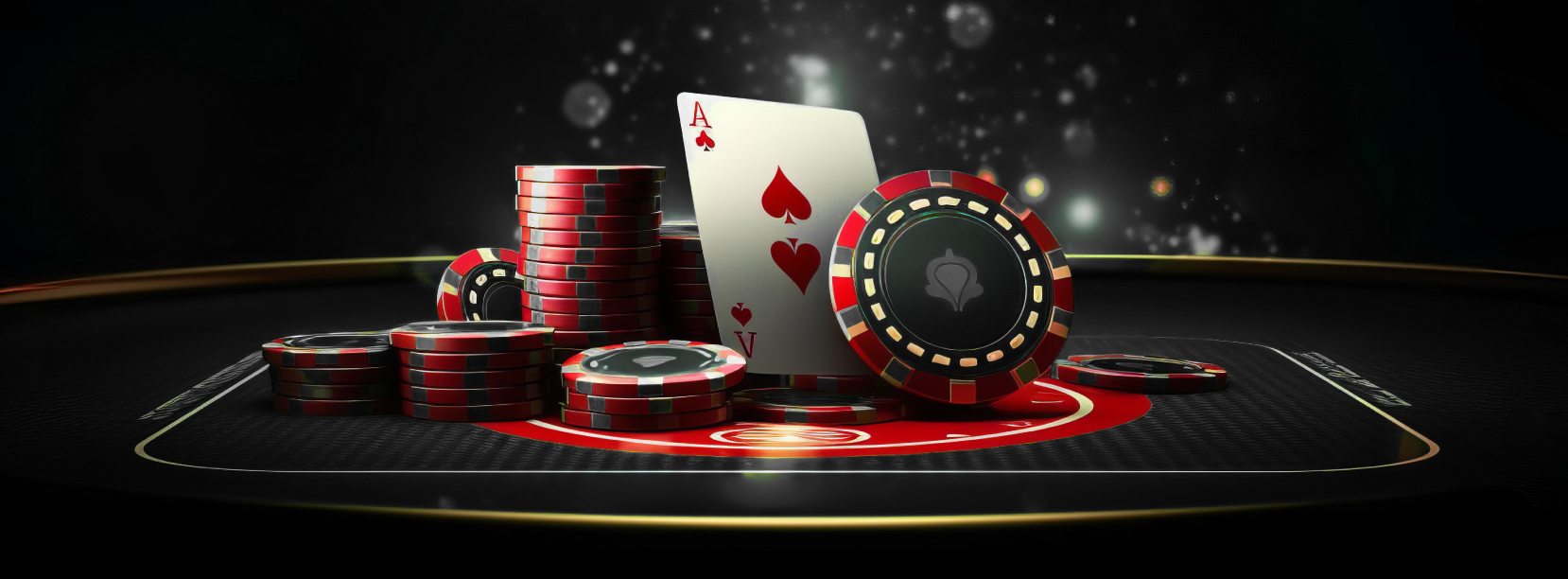
The science behind Poker games
If you play games online, then you surely might have come across poker, or you may have people speaking about it and talking good things about it which you will only get to experience once you dive into that world. Poker has evolved a lot over time and a lot of people have accepted it throughout the world. It offers so many things both quite literally and metaphorically. With each passing day, the positive outcome of the game is becoming more visible, and it allows people to have fun, entertain themselves and just take their minds off things for a while.
Poker is a family of card games with betting rules and usually hand rankings. Poker games differ in how the cards are dealt, how hands may be formed, whether the high or low hand wins the pot in a showdown (in some variants, the pot is split between the high and low hands), limits on bet sizes and how many rounds of betting are allowed. There are so many aspects to poker including the psychology, the learnings, and the science behind it. Yes! The science! Don’t get shocked about the mix of science and poker because it is present throughout the game and applies to every poker player.
What exactly is the science of poker?
There are many factors to this question such as the maths, probability, calculation of moves etc while playing the cards, along with the behavioural aspects of other players, how you react to their moves, their gameplay etc. Let’s talk about probability as a scientific factor in poker. The theory of probability is a mathematical science which gives us an idea about the likelihood of occurrence of certain events. Probability is the mathematics of chance. By studying the theory of probability, we can calculate the chances of occurrence of certain events.
The science behind the rules of the game?
Most poker games are based on the same basic principles. The game aims to make the best possible hand from the cards you are dealt and to win as much money as possible from the other players. The basic rules of poker are relatively simple. Each player is dealt a hand of cards, and the game aims to make the best possible hand from these cards. The player with the best hand wins the pot (the money that all the players have betted). Poker games differ in how the cards are dealt, how hands may be formed, whether the high or low hand wins the pot in a showdown (in some variants, the pot is split between the high and low hands), limits on bet sizes and how many rounds of betting are allowed.
In scientific terms, poker is a game of incomplete information, as the player with the best hand does not necessarily win the pot. The rules allow each player to see the game through their lens and act wisely keeping in mind what works best for them. This will help improve their motivation to play with their opponents, learn and see this as a chance to grow thus leading to a better state of gameplay. In addition, probability and game theory are used to analyse optimal strategies, and the effects of randomness and luck are studied so that the best and most refined version can be presented before the players.
Applying poker science to online games!
It all depends on the specific game you are playing and what and how you hope to achieve by applying poker science to it. The whole process includes studying the game thoroughly and analysing every step as you go down the road, in the business so that no stone is left unturned, and you have something on your hand as a backup when things go south. In addition, you should have a good understanding of the odds and probabilities involved in the poker world. You can’t expect to sky-rocket your game in a single shot. It’s all about the long journey and experiencing every pit stop on the way, and ultimately using your knowledge to make strategic decisions so that you can convert more and more games that you play, into wins.
The science behind instinct, in poker
The game is also one of the more-or-less unconscious strategies. The good players think about how they are playing and how they are doing and how they might improve, but they don’t think about it all the time. In a sense, the game is a conversation between the players. It’s a dialogue, and the best players are the ones who are good at listening to the conversation. Poker is the kind of game where you can be very good simply by being aware of what you are doing. If you can think about your game, you will learn from your experiences and improve.
Final thoughts!
Poker games are often seen as a game of chance, but there is a lot of scientific research that has gone into understanding the game and its mechanics. Researchers have looked at the game from a variety of different angles, including the mathematics of the game, the psychology of the players, and the strategies that can be used to win. The mathematics of poker games has been studied extensively, and there are several different ways to calculate the odds of winning. Probability theory is the most used tool for this, and it can be used to calculate the chances of winning a hand, the chances of a player bluffing, and the chances of a player being able to read their opponents. The psychology of poker players has also been studied, and there are a few different theories that have been proposed to explain why people play the game. One of the most popular theories is that poker players are seeking to achieve a state of flow, where they are completely focused on the game and are not distracted by anything else. This state of mind is believed to lead to better decision-making and improved performance.
Recent blogs




